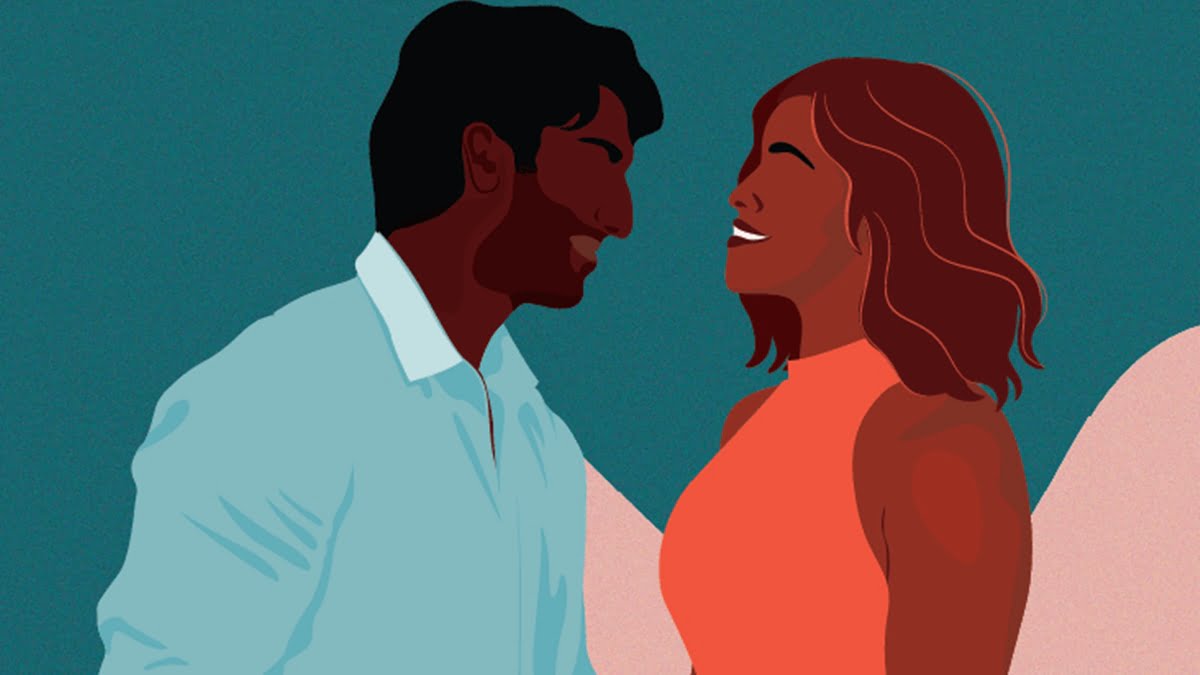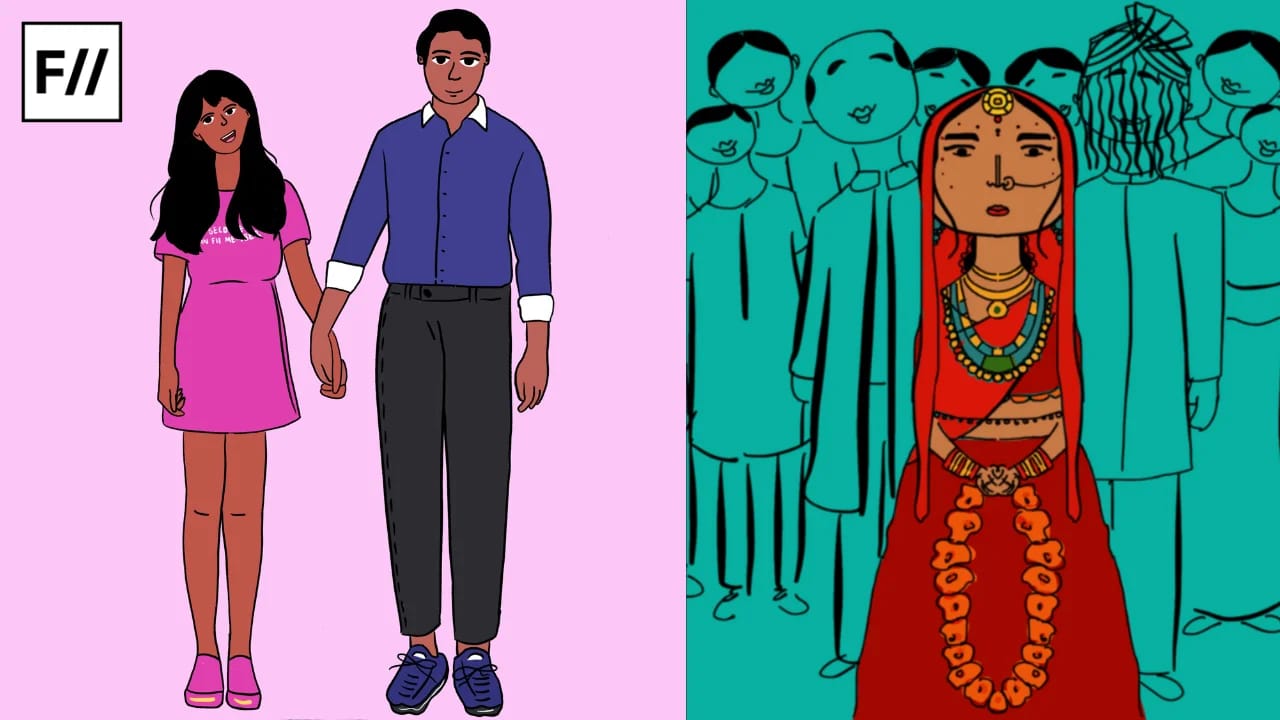In late June, Somerville, Massachusetts became the first city in the USA to recognise polyamorous relationships and platonic relationships between two or more people. This means that partners will gain visitation rights at hospitals, and public employees can now list multiple amorous or platonic partners on their health insurance schemes. As Councillor J.T. Scott observed: “People have been living in families that include more than two adults forever.” He is right. Traditional constructions of marital and familial rights have long excluded legal protections for partnerships on arbitrary bases. As philosopher Clare Chambers points out in her brilliantly argued essay “Against Marriage” – “It [marriage] expresses the official view that sexual partnership is both the ultimate goal and the assumed norm. It expresses the assumption that central relationship practices – parenting, cohabitation, financial dependence, migration, care, next-of-kinship, inheritance, sex – are bundled together into one dominant relationship.”
In India, it is clear that rights-based legal reforms are needed in this area. The legal rules relating to live-in and unmarried relationships consist of a patchwork of Supreme Court decisions, which are sometimes unclear in their scope. In the arena of polyamorous relations, the deep-seated prejudices that continue to prevail in fact mean that it is necessary to include non-monogamists in the anti-discrimination legislation.
Also read: Slut Shaming and The Friend Zone: Two Sides of The Objectification Coin
While many news outlets discussed Somerville’s efforts in relation to polyamorists’ rights, fewer publications examined the other important aspect of the legislation: Its’ implications for platonic relationships. I am very interested in how we talk about such relationships, particularly because I have four grandparents on my mother’s side. After my biological and legal nana (grandad) and his best-friend – whom I call ‘nanu’ – were married to my nanis (grandmothers), the two couples decided to live together in a home in Indore. The four of them raised my mother and her two sisters and have always been my collective ‘grandparents’. I don’t differentiate between my nana and nanu or my ‘nani’ and ‘naniman’. I was their first grandchild and so, as I grew up, it was on me to invent new words to describe my relationships with each of them. This language is now shared by my younger cousins, so we have a way to communicate with each other in a family system that we otherwise lack the cultural resources to talk about.
This is partly why I find it bizarre when two people say things are ‘just platonic’. Talking this way implies there is some vague ceiling that determines how meaningful such relationships can be or that a romance is not just different from a platonic relationship, but inherently ‘more’ than it.
This is partly why I find it bizarre when two people say things are ‘just platonic’. Talking this way implies there is some vague ceiling that determines how meaningful such relationships can be or that a romance is not just different from a platonic relationship, but inherently ‘more’ than it. It is bizarre to think that my two sets of maternal grandparents are ‘just’ friends: They raised a family together. It is also strange that the law only allows me four grandparents – society’s construction of family is, in this case, completely alien to my own experience.
In her article ‘Why Can’t We Be (Legally Recognized) Friends?’ Elizabeth Brake discusses the case of two elderly women in Canada, Ms. Sanford and Ms. Infererra, who were inseparable companions and looked after one another. Ms. Inferrera was an American, and she faced deportation as she had no path to residency. Thankfully, public outcry eventually led the Canadian government to change their position. Importantly, if the women had been married or connected by family ties, they would not have faced a problem. This leads Brake to conclude that: “Such a friendship serves one of the primary purposes of marriage—mutual long-term caretaking and companionship. As such, it deserves legal protections similar to those in marriage.” Certainly, such protections can be relevant and useful when it comes to things like health insurance and immigration. They are also important, I think, in legitimising non-traditional social structures as acceptable forms of family.
Another troubling issue in Indian society is that we are deeply suspicious of platonic relations between people of different genders. This patriarchal sensibility is at least partly a result of popular culture, which repeatedly tells us men and women can never be friends. The point is hammered home in movies like Jaane Tu…Ya Jaane Na or Kuch Kuch Hota Hai, which spend about a quarter of the runtime establishing the two leads’ strong friendship (i.e. ‘no shaadi yaar, we’re bffs’) and then inexplicably lead them to find romantic feelings for each other. Another archetype, à la Ae Dil Hai Mushkil, is the case of mutual platonic love turned into a bizarre and unrequited form of uncomfortable obsession and chase. We are told this is how love works.

In reality, such portrayals are damaging because they give people strange ideas about platonic relationships: They tell us friendships are of instrumental value, that they are mere avenues to ‘something more,’ that one can expect ‘rewards’ for being the ‘nice guy’ or for ‘persisting.’ There is a certain narrative convenience in making these choices, but they come at a cost: It is hard for a society to believe different-gender platonic relations are possible when the culture at large militates against the very idea. The social value of the platonic relationship needs to be restated: Too many boys today grow up with the idea that their relations with women (who are not their mothers and/or sisters) are confined to an oversexualised romantic bubble. We need to explore means of combating this thought process or we risk the continued proliferation of a distorted and toxic brand of masculinity.
Also read: A Feminist Reading Of Ae Dil Hai Mushkil: To Watch Or Not To Watch
The law in recent years has become an imperfect defence against a culture that often has little respect for individuals’ autonomous choices, particularly when these choices are made by women. In 2015, the Supreme Court took a welcome step when they declared live-in relationships an acceptable custom in India. Similarly, the court’s decision in the Hadiya Shafin case was an important step in fighting the idea that adults cannot make religious or marital decisions sans parents. The notions against platonic relationships among people of different-gender are also firmly ingrained in our culture: Teachers in co-educational institutions often harass students who are friends spending time together, and many parents continue to suspect that all different-gender friends are inherently either ‘girlfriends’ or ‘boyfriends’. The activities of the periodically active ‘Anti-Romeo Squads’ are perhaps a more outward manifestation of this phobia. Originally constituted to prevent sexual harassment on the streets, the track record of these specialised police teams is, at best, highly questionable.
The notions against platonic relationships among people of different-gender are also firmly ingrained in our culture: Teachers in co-educational institutions often harass students who are friends spending time together, and many parents continue to suspect that all different-gender friends are inherently either ‘girlfriends’ or ‘boyfriends’.
This state of affairs begs us to ask a question: If our freedoms to choose whom we marry and whom we live with are to be defended by law, then why shouldn’t our freedom to engage in platonic relationships with the people of our choosing be free from outside intrusions? The platonic relationship can take many forms, and it is possible that this ubiquity has led us to neglect our cultural conversations on this undeniably important subject. But if we’ve bought into the myth that platonic relations are less significant than the kinds that we see on the silver screen, then we’ve made a serious mistake.
Satyajit Amin is currently a law student at the University of Cambridge. The different cultural experiences he has had in the UK and in India inspire his writing, and he hopes to use his legal education to think broadly about issues and make meaningful contributions to the society around him. He can be found on LinkedIn.
Featured Image Source: Healthline




